Who am I?
What do I want in life?
Am I in the right place?
What makes me…me?
If you have ever asked yourself any of these questions, sounds like you are on the quest for understanding your self-identity.
Our identity formation is a life-long process influenced by genetics, early life experiences, and influential relationships. Even though this process begins at an early age and develops over a lifetime, late adolescence and young adulthood are times of great identity development and self-exploration. In adolescence, it can seem that self-exploration has a lower degree of seriousness. First jobs and relationships are often about learning responsibility, finding out your likes and dislikes, etc. However, in young adulthood, the stakes often seem higher. The choices you make become more self-defining. We start to envision the rest of our lives and how our choices will fit into the larger picture. During our 20s, there is an increased self-awareness and a need for understanding one’s purpose in the world. The end of emerging adulthood comes with making major life decisions and a self-concept of feeling like an adult in a number of key ways.
When we reach young adulthood, we often feel the pressure to have it all figured out.
In the years following high school, you may be moving out for the first time, attending college, or starting your first full-time job. The ability to explore a new environment and interact with diverse people changes how we see ourselves and the world we live in. “Adulting” can be an exciting time for some, though for others it can be an overwhelming and confusing challenge! Most individuals spend their childhood years on a path created by parents, teachers, and other adults within their community. However, after high school, we are often able to step out into the world on our own and experience life in new ways.
During this time, there can be a feeling of “in betweenness”— not quite an adult, though definitely not a child. A major task during this time is to formulate a plan for the future. Sometimes stress can occur when we are too strict with this plan, not taking into account that our identity might alter those plans. For example, we may plan on a certain major, though halfway through college realize that we don’t like the classes we are taking or that we hated the internship related to that field. If we try and force ourselves to stay in that major, unhappiness is sure to come. Standing alone as a self-sufficient individual comes with making plans, evaluating in the moment, and re-planning when necessary. Speaking with a therapist can help with this type of exploration. Counseling can provide a space for brainstorming plans best suited for you based on your interests and personality.
Life transitions and identity development, although stressful at times, can also lead to positive changes and insights about yourself. Therapy can be a helpful tool in coping with the varied life challenges of young adulthood, as well as furthering your understanding of who you are and how to find purpose within your life. Psychologists at Metta Psychology Group are available to help you navigate this time. Some young adults seek therapy to learn more about themselves, while others find that a counselor can help them to cope with symptoms of depression and anxiety brought about by these life changes and uncertainties.
